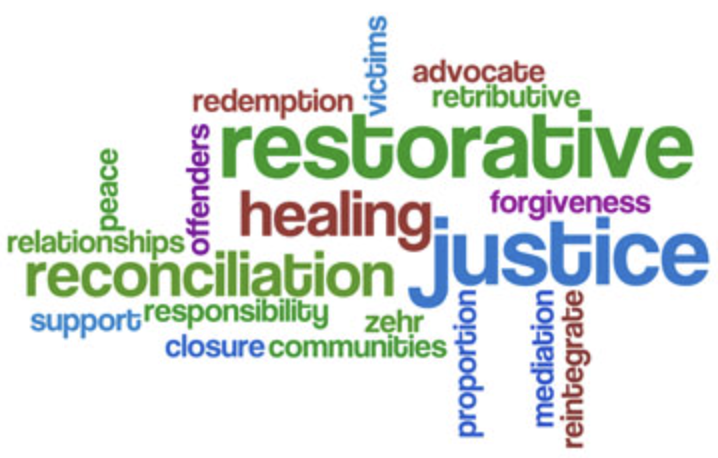“Results” are a key part of any restorative project and are essential for maintaining funding to sustain valuable restorative projects. We are now in a world that demands measurable results. Stakeholders want to see proof in order to fund restorative projects.
Across the globe there are hundreds of restorative projects; many just getting off the ground and some more established; what they all have in common is a need to collect and share case information in a secure way and report on that information to investors and interested parties.
I believe the key to achieving positive results is a streamlined process and an effective way of tracking progress. Stakeholders want to be able to see tangible results for their investment that goes beyond the initial restorative intervention process, without compromising on the positive outcomes that can be achieved. This means coordinators and managers face a critical challenge. How do we define and measure the results of restorative justice without creating excess paperwork and sacrificing victim satisfaction?
As CEO I have the unique privilege of collaborating internationally with restorative projects; helping implement new streamlined processes and providing solutions to plethora of problems. And what I see are managers, PCCs and coordinators wanting to build restorative hubs focussed on five key things: shared purpose, secure connectivity, insight, clear communication and proven measurable results.
Having clear communication and a secure way of recording results inspires and unites managers, volunteers and stakeholders to focus on what matters – the shared purpose of victim satisfaction and offender rehabilitation and a reduction in reoffending. When a streamlined process supports this shared purpose, it allows a project to develop measurable positive outcomes and build positive feedback from participants – all based on the shared purpose. Which importantly improves the bottom line, the feedback results.
Having worked as a restorative justice facilitator I saw the everyday challenges and difficulties that are faced by coordinators, such as sending sensitive data in a secure way, allocating and managing cases and reporting on outcomes and victim satisfaction. I thought there has to be a better way. This great quote by Guy Kawasaki sums it up in a nutshell:
“The best reason to start an organisation is to make meaning; to create a product or service to make the world a better place.”
So in order to help facilitators, coordinators and managers overcome these challenges; myRJ was born.
At IVSTITIA Limited we have built an innovative new way of supporting restorative interventions. We have created a platform that champions multi agency collaboration and assists the shift in focus from the justice system to a victim led service, delivering positive results for victims. The myRJ system makes everyone’s life easier by saving time and resources, reducing the cost of an average restorative facilitation from a projected £4000 to only £450. There is no need to waste time anonymising data, or setting up secure email accounts, as all data is stored and accessed on the secure system and a notification is sent when a case is updated containing only the case number. The security levels also give complete peace of mind that sensitive case data is safe, additional user levels also mean cases are only visible to the people allocated to them. Another key feature is that the system can be accessed on any device that has an internet connection. There is also a facility for managers to produce progress reports and track results. These are just a few of the ways that our system revolutionises the current way case data is handled which helps restorative practitioners give victims the help they need.
Measuring and tracking the progress made on restorative interventions will enable managers to ensure victims are the key focus and are receiving the best service possible. I believe it will also reinvigorate their ability to generate long-term value for stakeholders with proven results. The reason this matters so much is that we need to measure participant satisfaction, whilst saving the valuable time and resources of the people involved in making the restorative intervention possible. Restorative interventions are the way forward and now there is a faster smarter way of working, there is nothing standing in the way of progress.
Andrew Robbins JP is Chief Executive Officer at IVSTITIA Limited. The key purpose of the company is to help restorative justice organisations achieve results, save time and reduce costs, whilst improving the service experienced by participants, which he believes goes to the heart of their ability to build long term value for all stakeholders.
You can follow myRJ on Twitter: @myRJ

